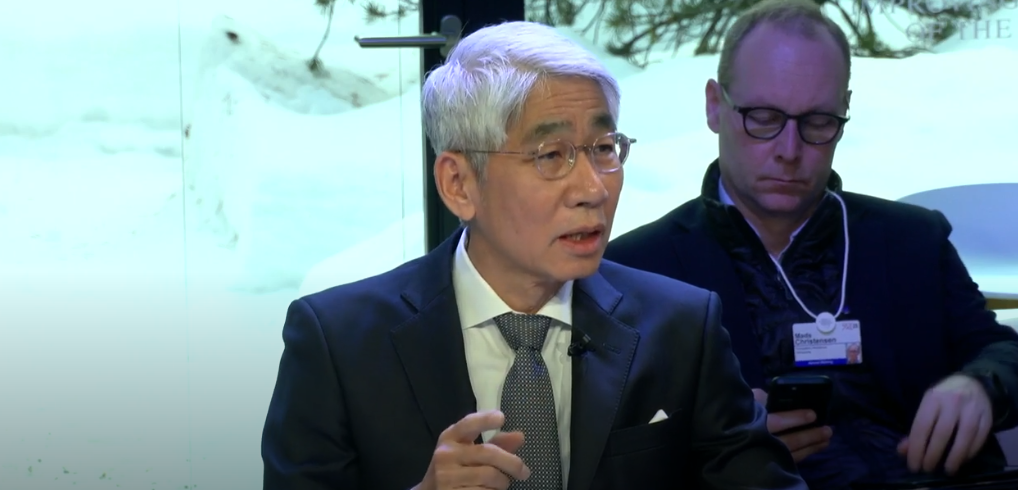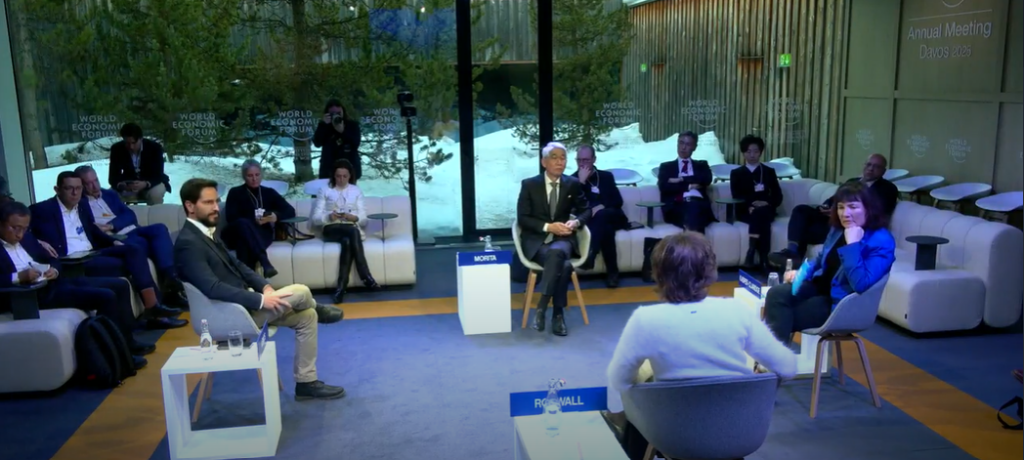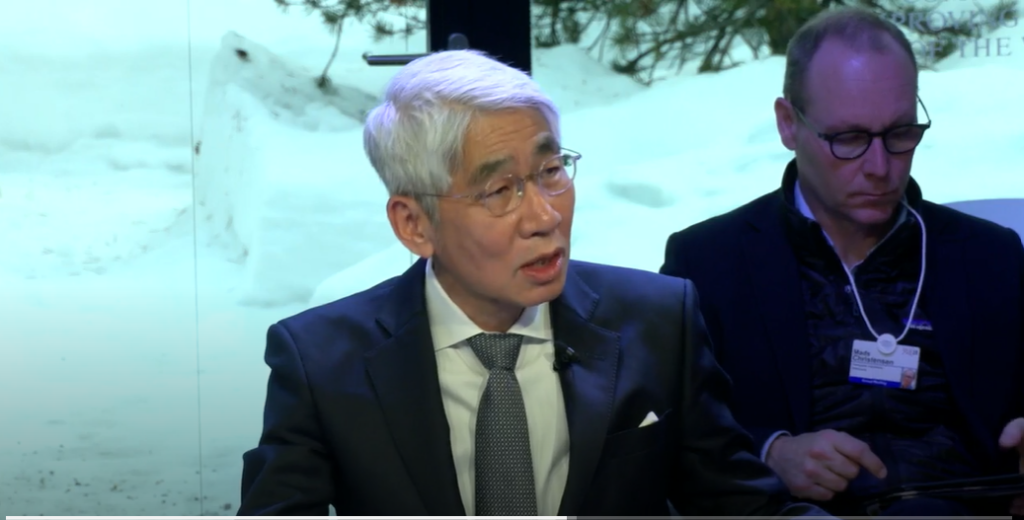



DUBAI: President and CEO of Japan’s multinational cooperation NEC, Takayuki Morita, said on Wednesday that technology is a crucial aspect of promoting environmental literacy globally.
Speaking at a panel titled ‘Tech’s Answer to Pollution’ at the World Economic Forum (WEF) in Davos, Morita said technologies can help people visualize the impact of pollution on the world.
“I think by using those kinds of technologies (to visualize the issues), people can understand what’s happening and know the (impact of) downstream and upstream pollutions,” he said.
Morita shared that visualizations can occur through two factors: micro and macro. Microvisualizing includes satellites, while macrovisualizing includes tracking the data.
“Now, we can share all the information (about pollution) without sharing competitive information, thanks to several technologies,” he shared.

The CEO said Japan is a huge example of environmental literacy having a positive impact on societies. “Now, Japan is very famous for (having) clean air, but we experienced very significant pollution,” he said. “Patients died due to the waste of water. Children were suffering from asthma caused by dust from factories.”
“The investigation (of these cases) showed that (pollution) is causing those kinds of issues, so people recognized the importance of (being environmental aware). That forced the industry to be equipped with necessary technology,” he added.
From the business side, Morita said consumers dislike companies that are not environmentally friendly, so investors have to pay close attention to the sustainability of the companies they are investing in.
“There is a lot of index available. We should be looking at the indexes, evaluating whether a company is more environmentally friendly or less environmentally friendly,” said the CEO.
For countries that don’t have access to advanced technologies to address air pollution issues, Morita suggested that the public should pressure companies to take measures to become more environmentally friendly.
“I don’t think any single technology can clean up the air, so each factory or vehicle has to be regulated at certain levels,” he said.
The panel also included two more speakers: Ronaldo Lemos, Chief Scientific Officer at the Institude for Technology and Society, and Jessika Roswall, European Commissioner for Environment, Water Resilience, and Competitive Circular Economy. It was moderated by Deutsche Welle’s Editor in Chief Manuela Kasper-Claridge.